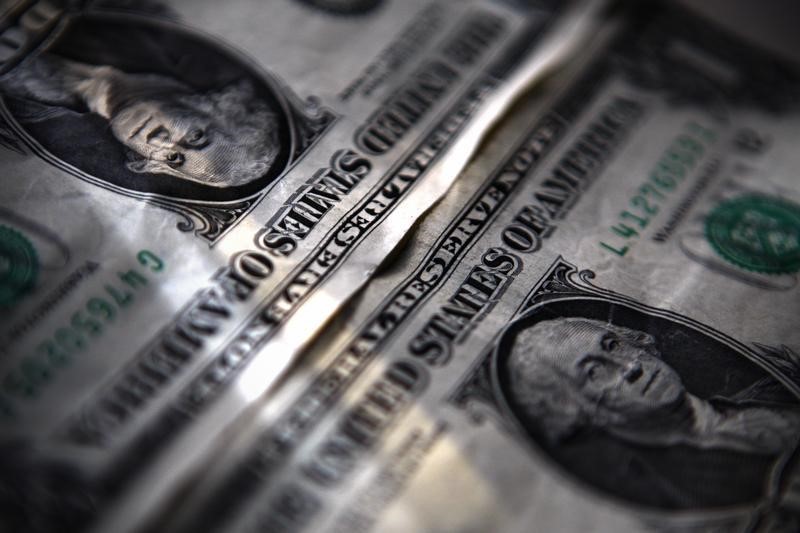Investing.com - The dollar was quoted sharply higher against the yen on Monday with the market looking ahead near-term to machinery orders out of Japan after the impact of Hurricane Irma appears to be less than originally expected though still devastating to infrastructure.
Hurricane Irma knocked out power to more than 2.4 million homes and businesses in Florida on Sunday, threatening millions more as it crept up the state's west coast, and full restoration of service will take weeks, local electric utilities said.
But after Hurricane Irma hit Florida on Sunday morning as a dangerous Category 4 storm, the second highest level on the five-step Saffir-Simpson scale, it weakened to a Category 2 with maximum sustained winds of 110 miles per hour (177 kph).
Later, Japan will report core machinery orders for July with a 4.4% gain seen on month and a 7.3% drop expected on year.
USD/JPY changed hands at 10.8.35, up 0.49%, while AUD/USD traded at 0.8052, down 0.04%.
The U.S. dollar index, which measures the greenback’s strength against a trade-weighted basket of six major currencies, was last quoted down 0.20% to 91.31.
Ahead this week, investors will be closely watching Thursday’s U.S. inflation report for fresh clues on the possible timing of the next Fed rate hike. A monetary policy announcement by the Bank of England will also be in focus along with industrial production form China.
Last week, the dollar slumped to more than two-and-a-half year lows against a basket of the other major currencies on Friday amid growing doubts over whether the Federal Reserve will be able to deliver another interest rate hike this year.
The index ended the week down 1.55%, the largest weekly percentage decline since late June.
Diminished expectations for a third rate hike this year compounded by heightened tensions with North Korea and worries over the economic impact of hurricanes in the southeastern U.S. pressured the dollar lower.
Concerns over political turmoil in Washington have also fed into recent dollar weakness.
An agreement to postpone U.S. debt ceiling talks until December, which would coincide with the Fed's policy meeting have diminished chances for a rate hike.
The dollar ended the week down 2.2% against the Japanese currency, the biggest weekly percentage decline in around 13 months.
Demand for the single currency continued to be underpinned after European Central Bank President Mario Draghi indicated Thursday that the bank may start tapering its massive stimulus program this autumn.
The pound was boosted by stronger than expected data on UK manufacturing output growth.
